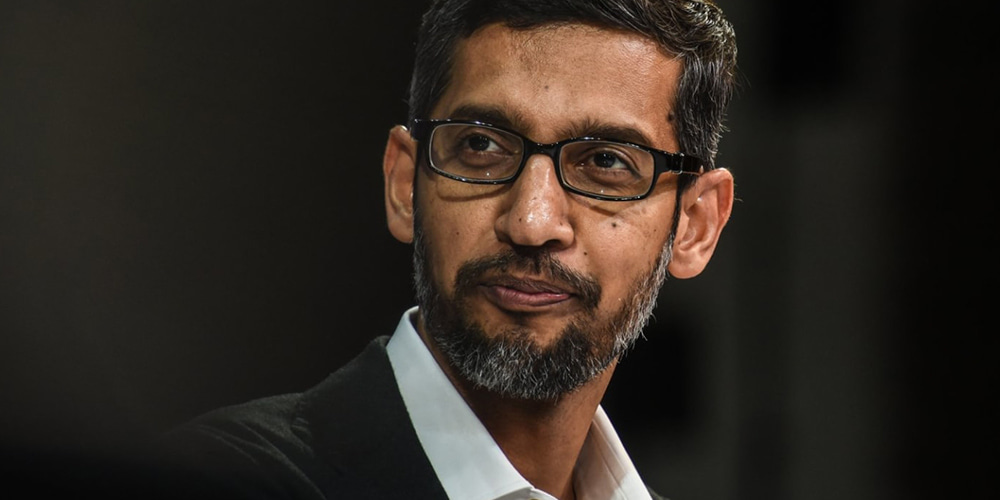What starts, must end. The same should apply to the 'COVID-19' coronavirus pandemic that plagued the world, forcing people to rewrite the rules of socializing.
It all started from China, before spreading globally. At first, the world struggled to adapt, when governments forced companies to conduct their businesses remotely, making their employees to work from home or wherever possible and safe, away from the office, in order to maintain physical distancing to limit the spread of the virus.
Since then, most companies experienced a hard time.
As a result, many were trying to figure out the quickest way to get back to the way things were before COVID-19.
And as more and more people are getting vaccinated for the infectious disease, the world is getting closer to what everyone is hoping is the end of the pandemic.
But this time, as the world is already familiarizing itself with remote working, companies are facing yet another challenge: how to bring employees back to work.

Google is the tech giant of the web.
With its brand name already synonymous with the internet and even made a verb, the company is among the millions of companies that are looking forward in having employees back at work at the office.
However, CEO Sundar Pichai, is taking this time to look into the future, and trying to recognize that in some cases, there's really no good reason for employees to go back.
Google and its parent company Alphabet, think that the they can build the culture of work in a completely different way.
Google's workforce has been almost entirely remote since the beginning of the pandemic. Previously, the company planned to have its employees to return to the office as soon as possible.
However, the company has changed its stance, and started to suggest that if employees want to return to the office, they can.
If they want to be relocated to a different office, they also can.
Or, if their roles allow them to work remotely, they can continue to work remotely, forever.
Google has no problem with that.
...spending time in another city for part of the year, or even moving there permanently. Google’s future workplace will have room for all of these possibilities. We’re moving to a hybrid work week with most Googlers in the office approximately 3 days a week.
— Sundar Pichai (@sundarpichai) May 6, 2021
According to Pichai:
"Google's future workplace will have room for all of these possibilities."
"All of these efforts will help us work with greater flexibility and choice once we're able to return to our offices globally."
The main highlight are the words flexibility and choice.
Depending on the roles and their job descriptions, employees are given the flexibility and the choice to choose what's best for them.
Google has long provided unique quirks to its employees. And giving them the flexibility and choice, is part of that people-oriented culture.
"The future of work is flexibility," wrote Pichai on a blog post. "The changes above are a starting point to help us do our very best work and have fun doing it."